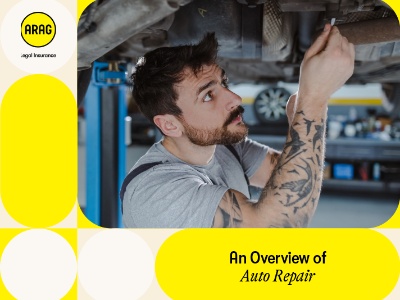When you buy a car, your car may be under a manufacturer warranty. But you may also be asked if you’d like to purchase a service agreement. So what’s the difference, and do you really need both? Take a look at the basics of each in order to determine what you really need.
What is a car warranty?
An auto warranty is the promise made by a manufacturer or dealer to cover repairs and defects on your car for a certain amount of time and mileage. Most standard warranties cover all the non-wear repairs of a car up to three years or 36,000 miles — whichever occurs first. But warranties can cover up to 10 years or 100,000 miles.
Keep in mind that warranties aren’t just for new cars. Used cars can also be covered by warranties, so check with your dealer or the manufacturer.
An extended car warranty is best if you want coverage beyond what is covered in the standard warranty. More than half of car owners who buy an extended auto warranty never use it. Ask yourself these questions before you purchase an extended warranty:
- How long will I own this car? The longer you plan to keep the car, the more an extended auto warranty may come in handy.
- What’s covered? Ask for specifics and read the fine print. You might discover that the parts most likely to break or wear down aren’t covered. Or you might still have to pay some out-of-pocket expenses for certain items. Use websites like autosafety.org to see if common problems for your car are covered. Common types of coverage include:
- "Bumper to bumper" warranty: Pays to repair defects in factory-installed parts
- Drivetrain/powertrain warranty: Covers the engine, transmission and transaxle parts; tends to last longer than bumper-to-bumper.
- Rust or corrosion warranty: Covers rust in sheet metal parts of the car
- Roadside assistance: Covers costs for towing and tire changes if the car breaks down on the road
- Could I afford an unexpected, major repair? If you don’t have enough in savings to cover a major repair that may come up, the peace of mind an extended warranty gives you might be worth it.
What is a service contract?
The differences between extended warranties and service contracts are subtle. A service contract is for additional items and products that aren’t covered by the basic terms of a manufacturer’s or extended warranty. Before you buy a service contract, ask yourself these questions:
- Does it duplicate auto warranty coverage?Find out the exact terms of the contract and compare them carefully to all warranties that already cover your car.
- How much does it cost and do I have to pay a deductible? The price of a service contract is usually based on the car's make, model and condition. Check to see if the contract requires you to pay a deductible when your car is serviced or repaired. Finally, some contracts charge fees if you sell your car and transfer the contract to the new owner or even if you cancel the contract.
- What’s covered? Sometimes there are so many exclusions on a service contract that the policy isn’t worth much.
Typical exclusions include:
- Common repairs on parts like brakes and clutches
- Adjustments, alignments, and tune-ups
- Towing or rental car expenses
- “Normal wear and tear”
If an item ISN’T listed, assume it’s not covered. Sometimes if damage is caused by many parts and one of the parts isn’t covered, the whole claim can be denied. Use websites like autosafety.org to see if common problems for your car are covered.
So are warranties and service contracts worth the money? It depends. The bottom line is that if you do decide to purchase either (or both), make sure you are fully aware of what you’re paying for and all the fine print that comes with it.



